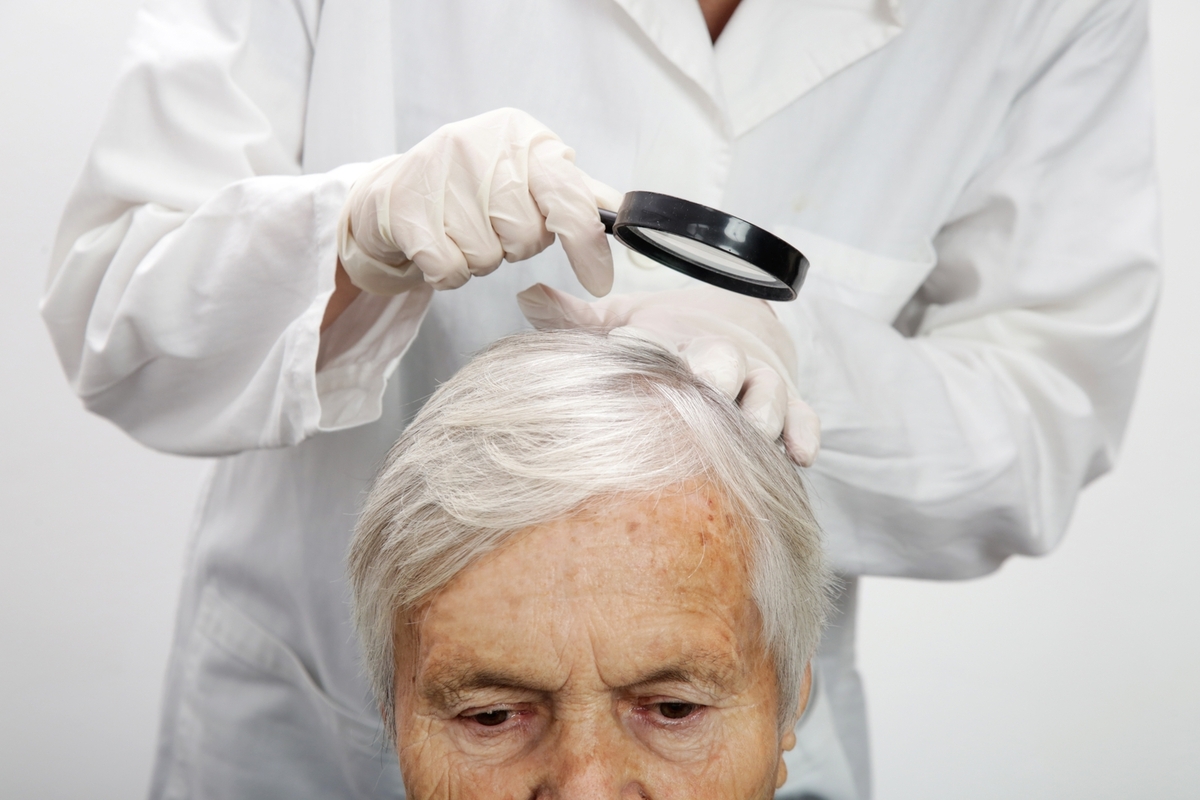Understanding Scalp Psoriasis: Symptoms, Causes, and Treatment Options

Scalp psoriasis is a common skin condition that affects millions of people worldwide. Characterized by red, itchy, and scaly patches on the scalp, this chronic condition can cause significant discomfort and impact a person’s quality of life. In this article, we will explore the symptoms, causes, and treatment options for scalp psoriasis, providing a comprehensive understanding of this condition.
Symptoms of Scalp Psoriasis
Scalp psoriasis manifests in various ways, and its severity can range from mild to severe. Common symptoms include:
- Red Patches : These are often covered with thick, silvery scales.
- Itching and Burning : The affected areas can be intensely itchy and may cause a burning sensation.
- Dry Scalp : The scalp may become excessively dry, leading to flaking and dandruff-like symptoms.
- Bleeding : Scratching the itchy patches can cause the skin to crack and bleed.
- Hair Loss : While scalp psoriasis itself does not cause hair loss, excessive scratching or harsh treatments can lead to temporary hair loss.
Causes of Scalp Psoriasis
The exact cause of scalp psoriasis is not fully understood, but it is believed to be related to an overactive immune system. Several factors can trigger or exacerbate the condition, including:
- Genetics : A family history of psoriasis increases the likelihood of developing the condition.
- Immune System : An overactive immune system causes skin cells to grow too quickly, leading to the buildup of scales.
- Environmental Triggers : Stress, infections, and certain medications can trigger or worsen scalp psoriasis.
- Lifestyle Factors : Smoking, alcohol consumption, and obesity are known to exacerbate psoriasis symptoms.
Treatment Options for Scalp Psoriasis
While there is no cure for scalp psoriasis, various treatments can help manage the symptoms and improve the quality of life for those affected. Treatment options include:
- Topical Treatments : Medicated shampoos, creams, and ointments containing ingredients like coal tar, salicylic acid, and corticosteroids can help reduce inflammation and scaling.
- Phototherapy : Exposure to ultraviolet (UV) light under medical supervision can slow down the rapid growth of skin cells.
- Systemic Medications : For severe cases, oral or injectable medications that affect the entire body may be prescribed. These include biologics and other immune-modulating drugs.
- Home Remedies : Regular moisturizing, gentle hair care, and avoiding known triggers can help manage symptoms. Some people find relief using natural remedies like aloe vera, coconut oil, and apple cider vinegar.
Visual Representation: Scalp Psoriasis Pictures
Visual aids can be incredibly helpful in understanding the appearance and progression of scalp psoriasis. Pictures of scalp psoriasis typically show red, inflamed patches covered with silvery scales. These images can vary widely, as the condition can present differently in each individual. Viewing these pictures can help those affected recognize the symptoms and seek appropriate treatment.
Living with Scalp Psoriasis
Living with scalp psoriasis can be challenging, but with the right management strategies, individuals can lead a comfortable and fulfilling life. It is essential to work closely with a healthcare provider to develop a personalized treatment plan. Support groups and counseling can also provide emotional support and practical advice for managing the condition.
Scalp psoriasis is a chronic condition that requires ongoing management. By understanding the symptoms, causes, and treatment options, individuals can take proactive steps to control their symptoms and improve their quality of life. If you suspect you have scalp psoriasis, consult a healthcare professional for an accurate diagnosis and personalized treatment plan. With the right approach, it is possible to manage scalp psoriasis effectively and maintain a healthy scalp.



